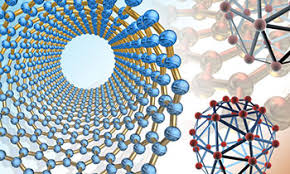Mechanical and Materials Engineering, Department of

Department of Mechanical and Materials Engineering: Faculty Publications
Document Type
Article
Date of this Version
2014
Citation
Metals 2014, 4, pp. 130-140; doi:10.3390/met4020130.
Abstract
Mn-Al powders were prepared by rapid solidification followed by high-energy mechanical milling. The rapid solidification resulted in single-phase ε. The milling was performed in both the ε phase and the τ phase, with the τ-phase formation accomplished through a heat treatment at 500 °C for 10 min. For the ε-milled samples, the conversion of the ε to the τ phase was accomplished after milling via the same heat treatment. Mechanical milling induced a significant increase in coercivity in both cases, reaching 4.5 kOe and 4.1 kOe, respectively, followed by a decrease upon further milling. The increase in coercivity was the result of grain refinement induced by the high-energy mechanical milling. Additionally, in both cases a loss in magnetization was observed. Milling in the ε phase showed a smaller decrease in the magnetization due to a higher content of the τ phase. The loss in magnetization was attributed to a stress-induced transition to the equilibrium phases, as no site disorder or oxidation was observed. Surfactant-assisted milling in oleic acid also improved coercivity, but in this case values reached >4 kOe and remained stable at least through 32 h of milling.
Included in
Mechanics of Materials Commons, Nanoscience and Nanotechnology Commons, Other Engineering Science and Materials Commons, Other Mechanical Engineering Commons


Comments
Lucis, Prost, Jiang, Wang, & Shield in MDPI Metals (2014) 4. Copyright © 2014, the authors. Licensee MDPI, Basel, Switzerland. Open access, Creative Commons Attribution license 4.0.